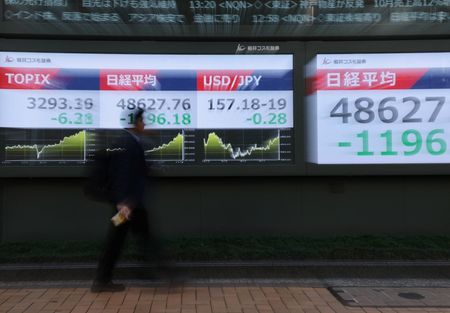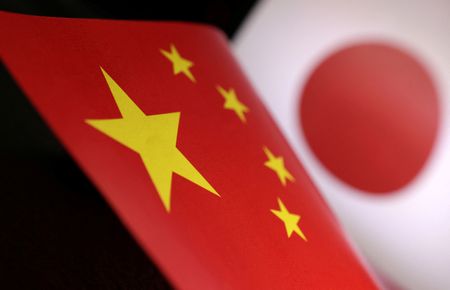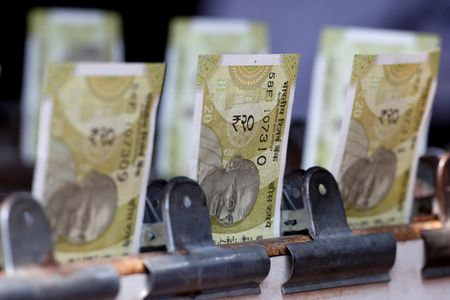By Anushree Mukherjee and Ashitha Shivaprasad
(Reuters) – Bismuth prices in Europe have soared to their highest in nearly 17 years after China’s plan to impose export curbs raised fears of curtailed supply for the metal used in medication, cosmetics and atomic research.
Earlier this month, China said it would implement export controls on five critical metals — tungsten, tellurium, molybdenum, bismuth, and indium — in retaliation to new tariffs imposed by U.S. President Donald Trump.
From $6 per lb previously, bismuth prices have surged to between $12 and $18 in the European spot market this week, the highest level since May 2008.
Traders expect to see higher bismuth prices.
China produced roughly 13,000 tons, or over 80% of the world’s supply, of bismuth last year, according to the U.S. Geological Survey (USGS).
The rest comes from countries, including Japan, South Korea and Laos. However, traders say the availability from other nations was limited compared to China.
“We have received many inquiries from both our EU and our U.S. customers,” a trader based in Europe said, adding that U.S. consumers would be more vulnerable if the China-U.S. trade war escalates.
The U.S. has been heavily reliant on imports since it stopped production of primary refined bismuth in 1997, according to the USGS.
If the U.S. was completely cut off from Chinese bismuth supplies, production outside China would have to grow by 22% to meet demand, said Jost Wubbeke, Managing Partner at Sinolytics.
“It is hard to find cheap and stable alternative supplies, especially when everyone’s trying to find new sources at the same time.”
As trade tensions escalate, China is expected to further leverage its dominance in critical minerals to retaliate.
(Reporting by Anushree Mukherjee and Ashitha Shivaprasad in Bengaluru; editing by Pratima Desai and Savio D’Souza)










